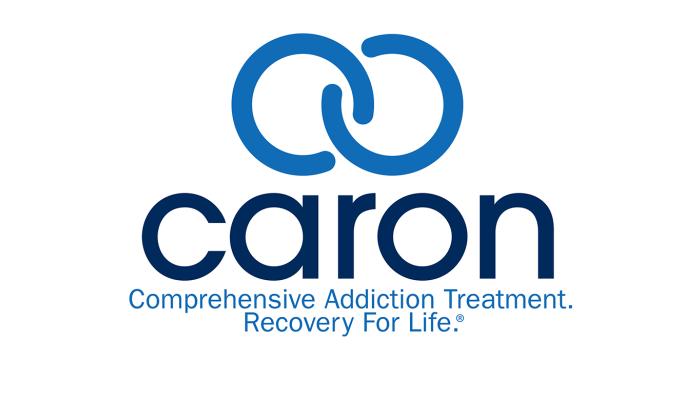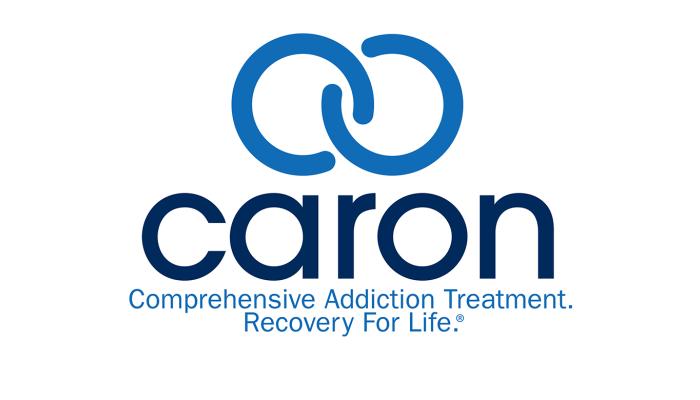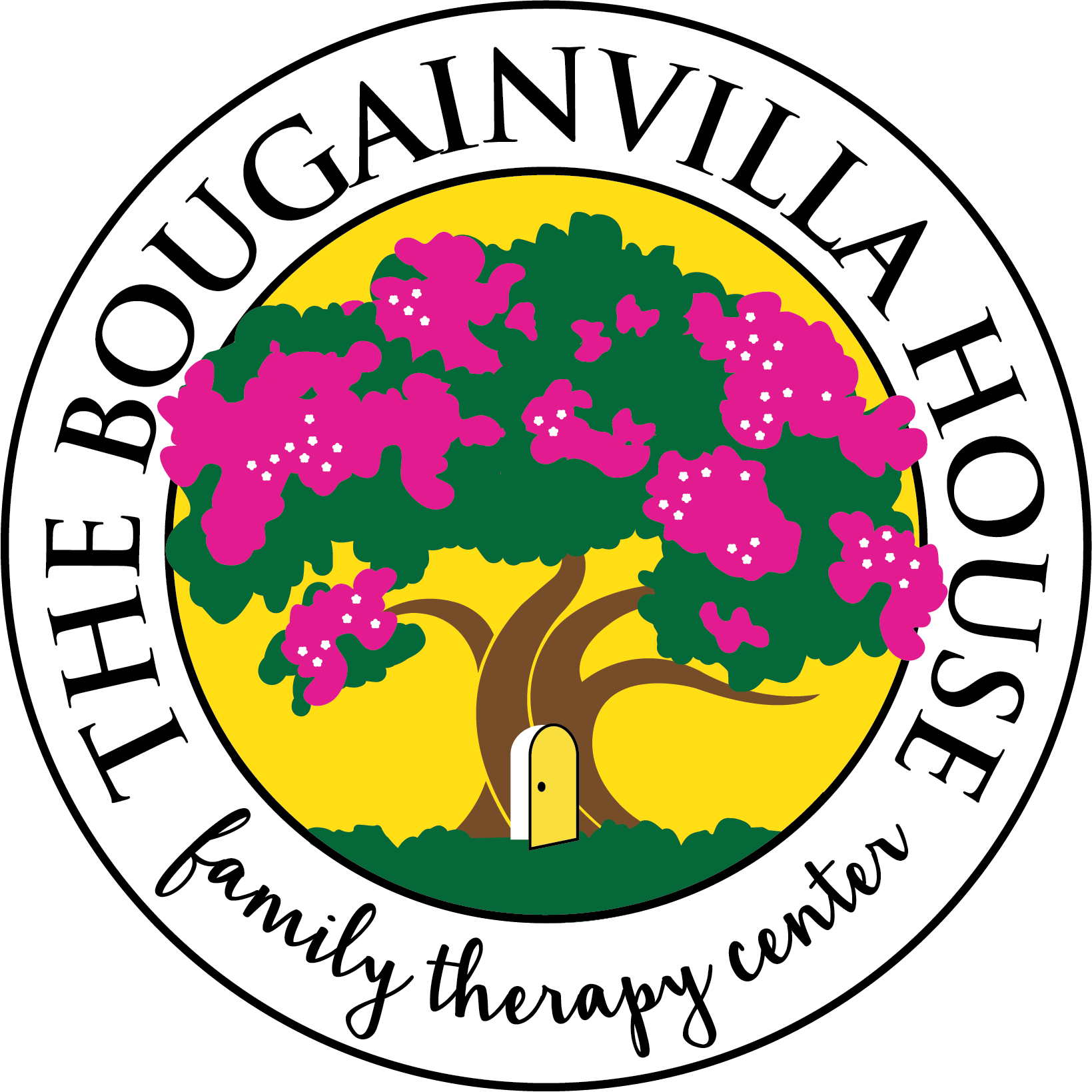Sensory integrative processing is foundational to how we learn about our bodies, engage with the environment, interact with others, make meaning out of activities, produce motor responses, and participate in learning. It also has direct links with our regulation and influences our behavior.
Yet, deciphering sensory integrative processing—and the 8 sensory systems that it includes—can be challenging, easy to overlook, and is often misdiagnosed. As mental health professionals, in order to provide trauma-informed and neurodiversity affirming care, we must better understand sensory processing differences.
There is a high percentage of neurodivergent individuals who also have vulnerabilities in sensory processing, with, research suggesting that up to 40-60% of children who have ADHD also have Sensory Processing Disorder (SPD)—although this diagnosis is not identified in the DSM-5 (or ICD).
In this training, we will guide you on what to look for, when to refer, and how to integrate sensory strategies into our own therapy rooms and treatment plans.
Following this training, participants should have the ability to:
- Identify the 8 sensory systems and their corresponding 3 areas of sensory integrative processing
- Experience 4 sensory integrative processing differences and explain how they influence regulation and learning
- Delineate the developmental progression of sensory processing
- Differentiate ADHD, Autism Spectrum Disorder (ASD), and SPD
- Explain how regulation and relationships influence sensory integrative processing (and vice versa)
A native of Illinois, Dr. Jamie Chaves, OTD, OTR/L, SWC attended undergraduate at Bradley University with degrees in Health Science and Psychology. She earned my Doctorate in Occupational Therapy (OTD) at Washington University in St. Louis School of Medicine where she developed a practice model for the integration of occupational therapy into orphanage-like settings.
Jamie currently contracts with Wonder Tree to provide SSP services to clients, and provides early intervention care to families through End Picky Eating. Prior to this, she worked at The Center for Connection for eight years where she helped develop the Occupational Therapy department. Much of her twelve year career as an occupational therapist has been rooted in sensory integration theory and practices that fundamentally acknowledge that the brain can actually change through repeated stimulation and experiences (called neuroplasticity). Positive, protective relationships and a regulated state are essential to making those changes. In 2020 and 2021, respectively, she co-authored The “Why” Behind Classroom Behaviors and Creating Sensory Smart Classrooms. Jamie lives in San Marcos, CA with her husband and three young children.
- - - - -
Dr. Ashley Taylor is a licensed clinical psychologist in California and Washington State, author, and founder of Wonder Tree Developmental Psychology. She specializes in providing comprehensive evaluations through a reflective, neurodiversity affirming lens. She has provided high quality care to those with neurodivergence for over 15 years. Dr. Taylor lives in Southwest Washington with her husband and two boys. She has recently become a yoga teacher and enjoys spending time with her family, pets, going hiking, snowboarding, and doing yoga. Wonder Tree Developmental Psychology has locations in Vancouver, Washington and Pasadena, California, providing an excellent team of developmental psychologists, occupational therapists, and educational specialists that support developmental across the lifespan.





















